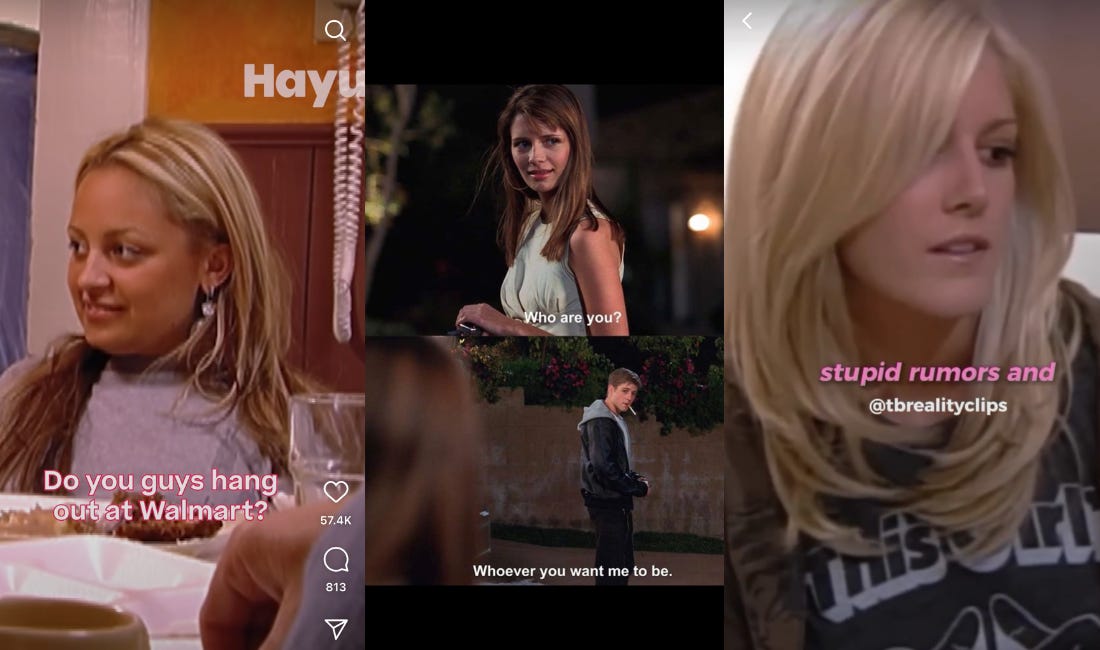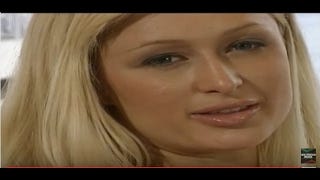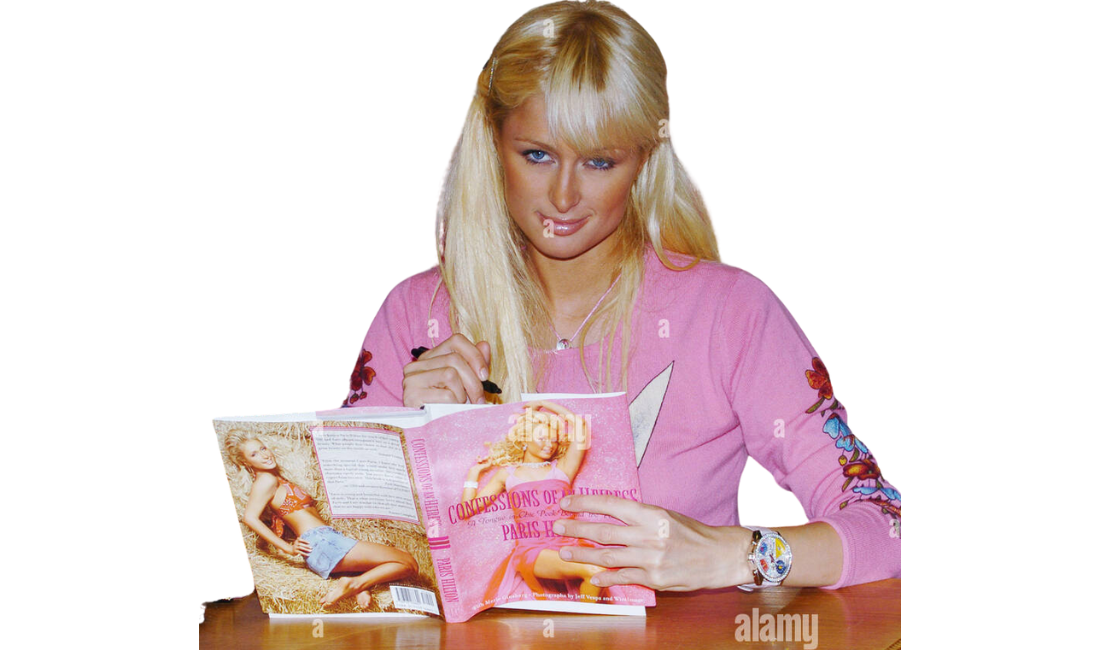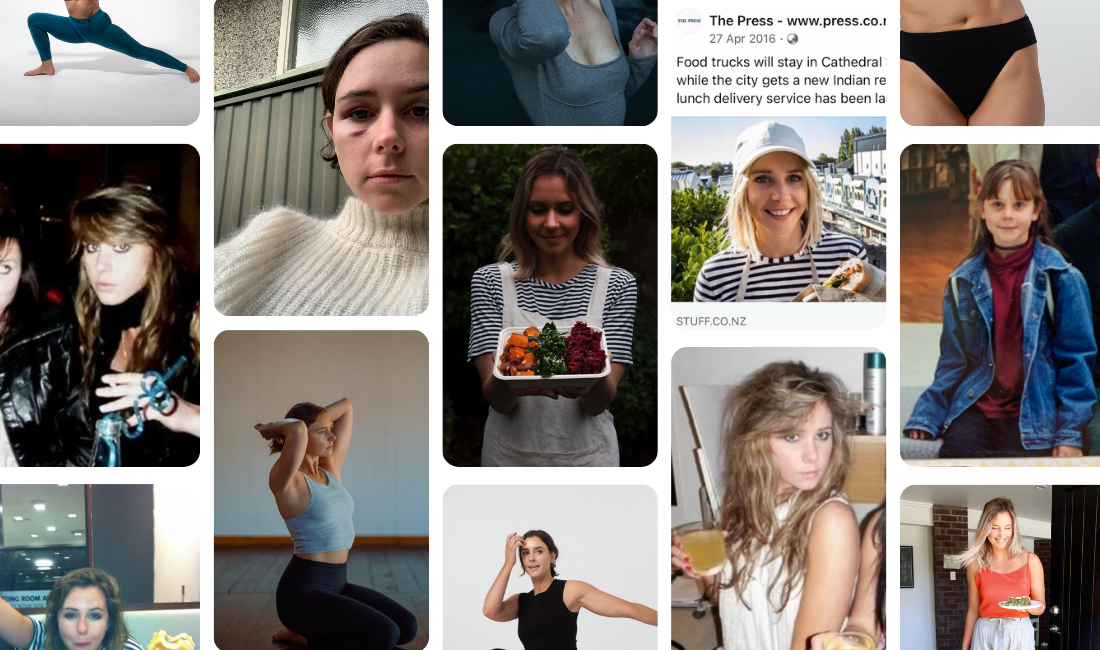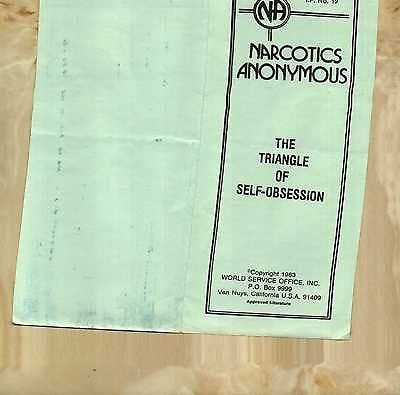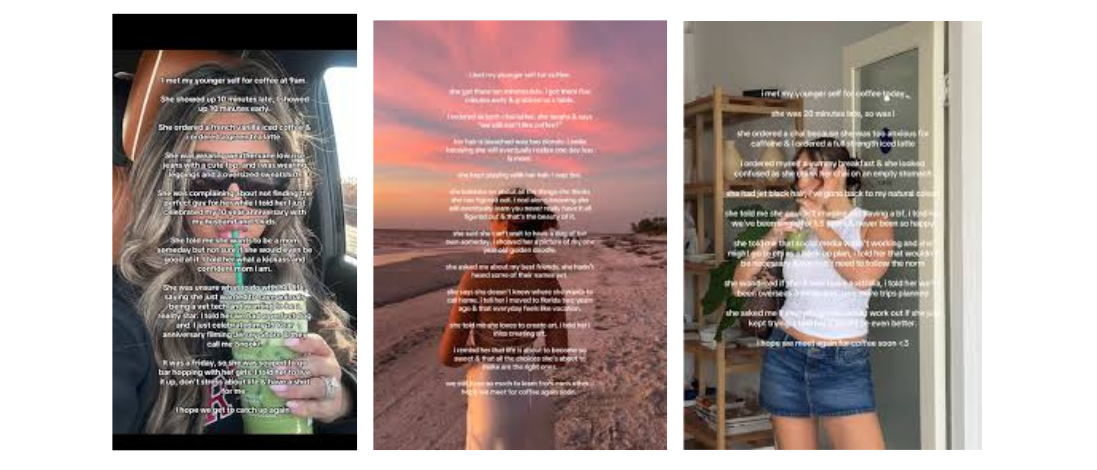The Currency of Content
Cashing-In on Exposure: Self-Promotion, Reinvention & the Business of Being Seen
I’ve started a list in my phone’s notes titled Good Things Are Always Happening to Me. It was something I saw in a viral reel. So far, I have three items on the list—two about my neighbour’s cat, Blue, and one about the fact that I’m a millennial. I belong to the last generation to have experienced childhood without social media.
I was born in 1992 and didn’t get my first iPhone until I was 21. My teenage years were mostly undocumented, aside from the albums I uploaded to Bebo and a video of me kissing a girl, filmed by a pervy boy that uploaded it to YouTube for all my friends’ dads to see (??). We were obsessed with reality TV, like The Swan, Trinny & Susannah, and How to Look Good Naked with Gok Wan. Celebrity gossip spread through Girlfriend and Dolly magazines, and we idolised Marissa Cooper and Lauren Conrad.
When I was in intermediate school, Paris Hilton’s sex tape, 1 Night in Paris, was leaked. My entrepreneurial friend burned the video onto CD-ROMs and sold them for $5 to the 12-year-old boys in our year. He was suspended, and that was our first introduction to Paris—an heiress turned tabloid fixation turned reality TV star or influencer?
“Now, there’s an expectation on creatives to do the
same—to curate, market, and define our personal brand.”
That same year, she released her memoir, Confessions of an Heiress, and the girls at school were even more obsessed than the boys. We memorised her shoe size (US11) and details of her family’s hotel empire. We’d sit around and flip through the glossy photo pages of her hot pink memoir, pining for every Von Dutch trucker cap and velour tracksuit. Looking back, this was the first time I saw a celebrity actively shaping their own narrative. Paris was developing a personal brand, selling her story, turning fame into a business. She walked so the influencer could run.
Now, it feels like there’s an expectation on creatives to do the same—to curate, market, and define our personal brand.
As grateful as I am that I didn’t grow up with TikTok and Instagram, I wonder if I’m disadvantaged by it. If it’s the reason I still feel uncomfortable stepping into another career where self-promotion is crucial. I’ve reinvented myself many times, and since my early twenties, have pursued work that required me to market myself. At 23, I started a whole-foods catering company, then became a yoga teacher, then went back to uni for a Master’s in Writing. And here I am now, promoting my own work, hoping to make a reasonable income writing newsletters and articles.
Last year, I lived and worked in Bali for six months, surrounded by digital nomads, influencers, crypto bros, gym bros, life coaches, and Pilates instructors. It was an intensive course in how to go viral—finding trending audio, cutting reels into snappy nine-second clips, understanding the algorithm, etc., etc.
At first, I was judgmental. Kiwi culture teaches us to be humble, stay in our lane, and never boast about our achievements. In Bali, people bring their tripods everywhere—the gym, the beach, restaurants, the spa. Every little win is recorded, celebrated and shared. Most days I’d sit in cafes surrounded by half-naked women sipping iced matcha lattes. Their skin unfathomably smooth and flawless. They had plump lips, full D-cup breasts supported by neon triangle bikinis, and thick hair that didn’t frizz in the humidity. These were the women in my reformer Pilates classes, dressed in matching sets, filming their lunges and pikes.
Physically, I don’t often feel inadequate. But this was a whole new level. I kept seeing variations of the same face over and over, shaped by the same cosmetic procedures. For the first time, I looked at my barely B-cups and felt self-conscious. For the first time, I felt underdressed for Pilates. It started to distort my perception of beauty. And this isn’t a criticism of anyone else's personal choices. I just hadn’t lived in a place where cosmetic surgery was so common, nor had I ever felt like the odd one out for not having it. I definitely would have dabbled, but I didn’t have the income to act on the urge.
I once tried to explain to my Indonesian friend that in New Zealand, we don’t celebrate success publicly. And if we do, we downplay it: It’s actually not that great, followed by a list of flaws. That attitude is ingrained in me. Every time I post on social media or get published, I cringe. I’ll share it, but I won’t re-read it—and I never read the comments.
At first, I dismissed the relentless documentation of every moment as self-obsession. Then I realised—my resistance to self-promotion was just another form of obsession. I was just as preoccupied with what people thought of me.
I eventually gave in. I was in one of the most beautiful places on Earth, working as a travel writer, staying in the best resorts, eating at the best restaurants. The influencers I’d initially judged became my biggest supporters. They taught me about trends, engagement, virality.
“I see it as business, baby.
This is how I get hired.”
I still cringe at TikTok trends and viral reels. It’s wild to see what business owners, financial advisors, and real estate agents will do for the algorithm. But I’ve accepted it: content is currency. Exposure is currency. Your platform is valuable advertising space. And while tying my worth to my content’s performance would be dangerous, refusing to promote myself out of fear would be just as foolish.
I see it as business, baby. This is how I get hired. When I send a book proposal, publishers will ask for my follower count. When I post about my Substack, I want it to succeed. When I post bikini photos I want to improve my engagement. My social media is part résumé, part personality.
I treat it all as an experiment. That stops me from being paralysed by fear. When I was in rehab, I wrote a list of goals. Number one was to get paid for my writing. For two years, I’ve been chipping away at that—sacrificing comfort for long-term fulfilment. The fastest way to learn, improve, and grow has been by putting my work out there and watching how it lands.
I’ll never be a matcha girlie—it tastes like dirt to me. And this was never meant to be an ode to Paris Hilton. But she is iconic, maybe even the master of reinvention—not by overhauling her personality, but by slipping into different roles with confidence. In her lifetime, she’s been a businesswoman, influencer, activist, DJ, designer, investor, recording artist, philanthropist, actress, chef, model, and author.
So if I have to channel a little Paris energy to stomach self-promotion, I’ll do it—if it gets me paid.






